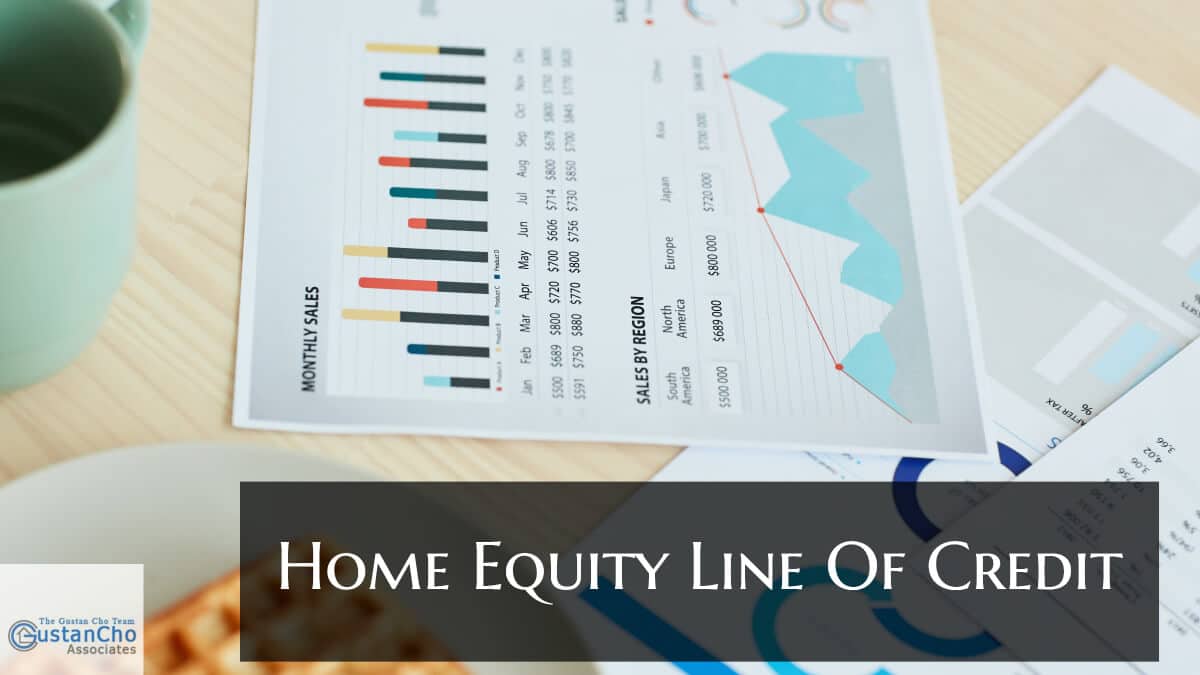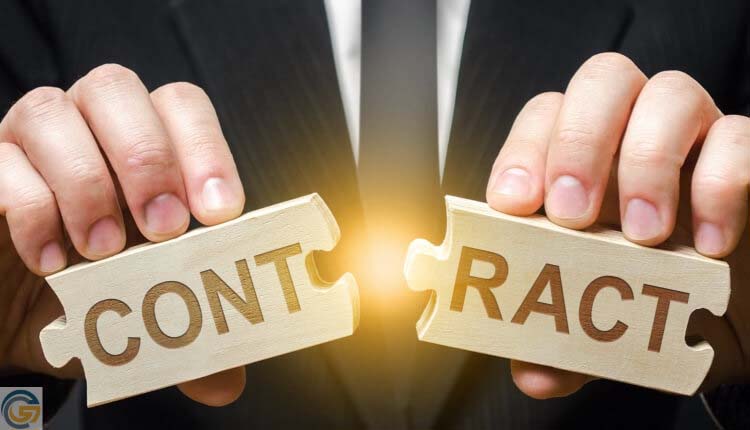Home Equity Line of Credit versus Cash-Out Refinance
This guide covers the difference between home equity line of credit versus cash-out refinance mortgage loans. A home equity line of credit, often referred to as HELOC, is a revolved account secured on a home that homeowners can use it for any purpose they need. Homeowners can use home equity lines of credit for the following:
- home improvement
- Pay off high-interest credit cards
- take a vacation
- pay children’s tuition
- purchase a second or vacation home
- or for investments
Home equity line of credit is similar to credit cards. However, HELOCs are secured financial instruments collaterized. In this article, we will discuss and cover the home equity line of credit versus cash-out refinance mortgages.
Home Equity Line of Credit Versus Cash-Out Refinance
Many banks offer a home equity line of credit, and every bank has its own lending guidelines. Gustan Cho Associates has a lending network of 200 wholesale lending partners. We have dozens of lending agreements with wholesale partners of home equity line of credit.
Most banks have similar HELOC lending guidelines. Home Equity Lines of Credit is offered at banks and credit unions and mortgage companies.
Gustan Cho Associates are experts on the home equity line of credit. We offer HELOC in amounts of $75,000 to over $1 million. The team at Gustan Cho Associates offers traditional and alternative non-QM home equity lines of credit and second mortgage loans for one to four-unit primary and second homes and investment homes.
One-Stop Lending Shop
Gustan Cho Associates has a national reputation for being a one-stop lending shop. From consumer, business, residential, and commercial loans, we do it all. Loan officers at Gustan Cho Associates have a national reputation for being able to do loans other lenders cannot do.
Unlike our competition, we do not refer our home equity lines of credit loans to other credit unions, banks, and financial institutions.
Our in-house loan officers will originate, process, and close your home equity line of credit and second mortgage. As a client of a home equity line of credit, our borrowers have continuous access to available credit on your home equity line. Flexible payment options on HELOC. Ability to lock in fixed-rate options. Mortgage interest on one home equity line of credit may be tax-deductible.
Simultaneous Closings on First Mortgage and HELOC
Lenders offering second home loans and home equity lines of credit are very careful about CLTV. Here are the general loan-to-value requirements on the home equity line of credit or second mortgages. 89.9% loan-to-value for refinance mortgage loans on homes appraised at $500,000 and under. 85% loan-to-value on a refinance mortgage for homes appraised at $500,001 and $749,000. 75% loan-to-value on Refinance mortgage loans for homes appraised at $750,000 – $1,499,999. 65% loan-to-value on refinance mortgage loans for homes appraised at $1,500,000 – $2,999,999. 60% loan-to-value on refinance mortgage loans for homes appraised at $3,000,000 and over.
Simultaneous First Mortgage With HELOC Home Purchase Closings
- 80% loan-to-value on home purchases on homes appraised at $500,000 and below
- 75% loan-to-value on home purchases on homes that are appraised at $500,001 TO $1,499,999
- 65% loan-to-value on home purchases on homes that are appraised at $1,500,000 – $2,999,999
- 60% loan-to-value on home purchases on a home that are appraised at for homes $3,000,000 and over
Cash-Out Refinance Mortgages Versus Home Equity Lines of Credit
Home equity line of credit is stricter and has tougher lending guidelines than cash-out refinance mortgages. In general, here are the credit/income requirements on the home equity line of credit:
- 700 minimum credit scores
- Waiting period of seven years after bankruptcy, foreclosure, deed-in-lieu of foreclosure, short sale
- Maximum debt-to-income ratio of 43%
- Maximum loan to value of up to 90% CLTV
There are advantages to qualifying for cash-out refinance mortgages versus HELOCs. Mortgage companies can offer cash-out refinance mortgages but not home equity lines of credit. HELOC is only offered by FDIC banks or credit unions.
Cash-Out Refinance Mortgage Guidelines
In this section, we will cover the basic cash-out refinance mortgage guidelines. HUD, the parent of FHA, requires minimum credit scores down to 500—and maximum debt-to-income ratios up to 56.9%. There is a 2-year waiting period after Chapter 7 Bankruptcy to qualify for three years after foreclosure, short sale, or deed-in-lieu of foreclosure to qualify for FHA loans. 85% loan-to-value on FHA cash-out refinance mortgages.
VA loans have no minimum credit score requirements and no debt-to-income ratio caps. 2-year waiting period to qualify for a VA loan after Chapter 7 Bankruptcy, foreclosure, deed-in-lieu of foreclosure, or short sale. 100% loan-to-value on VA cash-out refinance mortgages.
Conventional loans have a minimum of 620 credit scores and a maximum of 50% debt-to-income ratio. 4-year waiting period after Chapter 7 bankruptcy, short sale, and deed-in-lieu of foreclosure to qualify for conforming loans. There is a 7-year waiting period after foreclosure to qualify for conventional loans, with an 80% loan-to-value on conforming cash-out refinance mortgages. The bottom line is that qualifying for cash-out refinance mortgages is much easier than a home equity line of credit or second mortgages.







